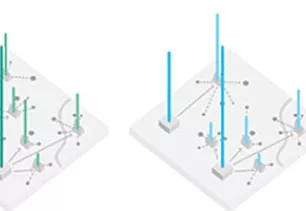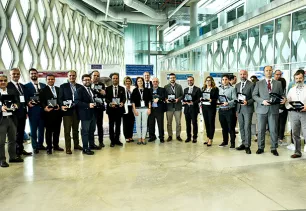Fakülteden Haberler
Hayallerinizi birlikte keşfedelim.
Sabancı Üniversitesi özgün, program seçme özgürlüğü sunan bir öğrenim sağlar.
Böylece farklı disiplinleri deneyimledikten sonra ilerlemek istediğiniz alanı seçebilirsiniz.
7
Lisans Diploma Programı
12
Yüksek Lisans Diploma Programı
10
Doktora Diploma Programı
5
Yandal



